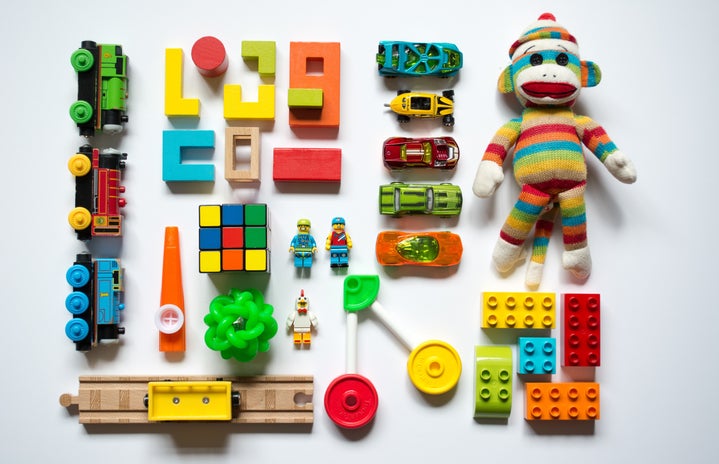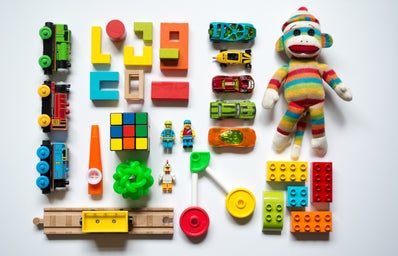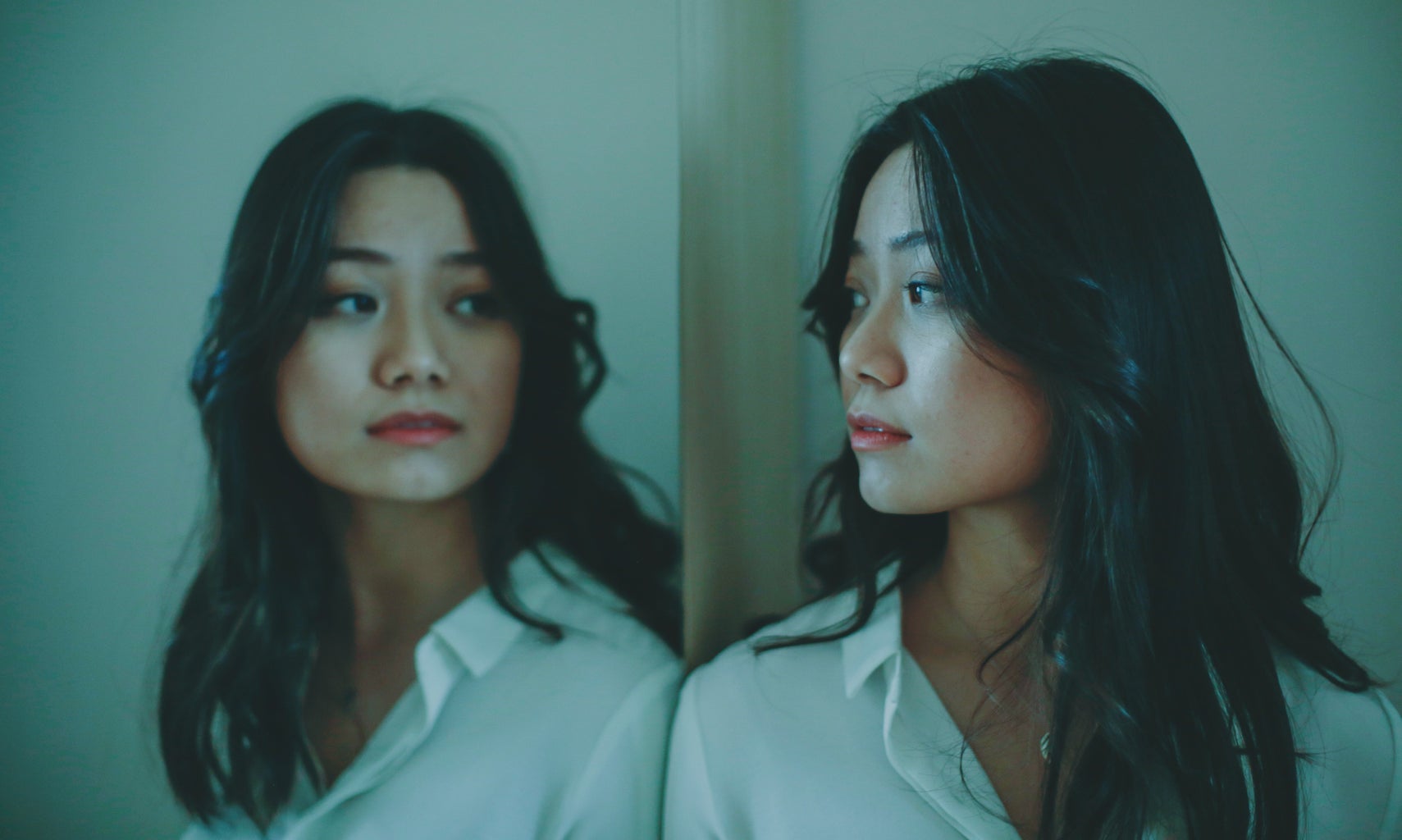To my Younger Self,
It’s okay to be late.
You can sharpen your favourite pencils.
You can say no.
Your freckles are beautiful – they don’t look like spots.
It’s okay to be shy but your thoughts are important and valid!
You are smart and intelligent and so, so incredibly creative – don’t forget that!
I love you, see you and hear you,
Your future 20-year-old self xoxo
Sometimes I wish I could give my younger self a hug. I imagine the little girl with bunches and a block fringe, stumbling towards me, arms outstretched. Her freckled nose scrunched from her cheeky grin. These thoughts often wander back when I’m hours deep into procrastinating – drawing, filming, cutting and sticking, creating film plots in my head. I long for my younger self’s creativity, her ability to dedicate hours to make a stop-motion with her Sylvanian families, design bank notes, id cards, set up shops or reception desks.
The simplicities of childhood are special, where the only thing that mattered was which toys to play with, what was for pudding or in my case, how long it would take me to save up to buy a laminator (can you tell I was an only child?). That innocence holds an optimism we often lack as adults, a sad loss that often goes unnoticed or ignored. These simplicities fade more and more everyday as we are introduced to the harsh and unrelenting nature of modern-day adult life. The worries of career prospects, paying the bills, rent, and of course the most gut-wrenching question: M&Ms or Donervans? Yet, the person we are today is hugely influenced by the experiences of our formative years. Hence, the new movement to ‘reconnect’ with our inner child.
Our inner child is said to be an unconscious part of the psyche, holding onto both the negative and positive aspects of our childhood. The ways we have been brought up, cared for, shown love, even the fears our younger selves worried about, all impact us today. It influences and informs many of our decisions, actions and particularly emotional responses. This can impact a variety of areas in our life, from our self-esteem to the ways we interact in our relationships. There is a certain sense of vulnerability that comes with our inner child. Whether it’s reacting strongly to criticism, avoiding conflict or hiding our emotions, the little girls who just wanted to do right are deeply imbedded within our emotional and psychological complexions. We all have an inner child inside of us, whether we have been impacted by traumatic experiences or not.
Reconnecting
There are numerous ways to reconnect with a plethora of resources online, on Instagram, Youtube, or Tik Tok. They often draw back to recreating those innocent childlike joys. Making a mess, buying yourself something stupid (I’d recommend a ridiculously overpriced Jellycat), getting creative, watching ‘The Wizard of Oz’ or reading ‘Peace At Last’. Other practises like mindfulness, meditation, journaling, writing a letter to your younger self or even looking at old baby photos are said to help deconstruct those views we subconsciously hold by interacting with our childhood memories.
Dr. Venetia Leonidaki argues that this allowsus to both heal our child self and adult self. We can learn a lot more about ourselves than we thought, especially why we react in certain ways. Reconnecting with our inner child broadens our range of emotions, enhancing our long-hidden creativity. Self-worth and self-compassion bloom as we embrace and reclaim our childhood. This level of acceptance shapes our adult lives enabling a much fuller and emotional experience to life.
It’s particularly interesting having looked into this concept of the ‘inner child’ as a woman. So much of what we absorbed as a child, impacts how we view ourselves now as adults. Depictions of body image on Disney Channel, the 2015 craze for the notorious ‘one size fits all’ Brandy Melville, diet culture and ‘glow up trends’, the list goes on. Of course, so many amazing people are starting to point these out but that doesn’t negate the fact that the majority of us were surrounded by these harmful concepts in our most vulnerable early years. And perhaps reconnecting with our inner child could help deconstruct those myths that are so deeply engrained within us, even if we attempt to outwardly reject them.



